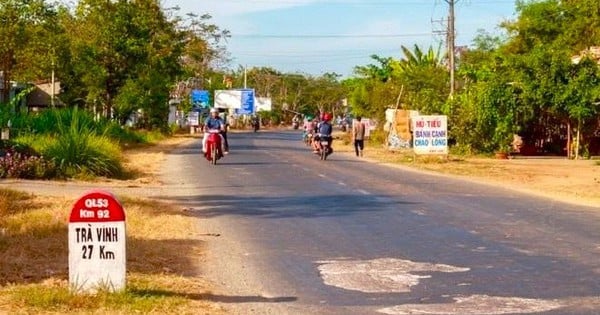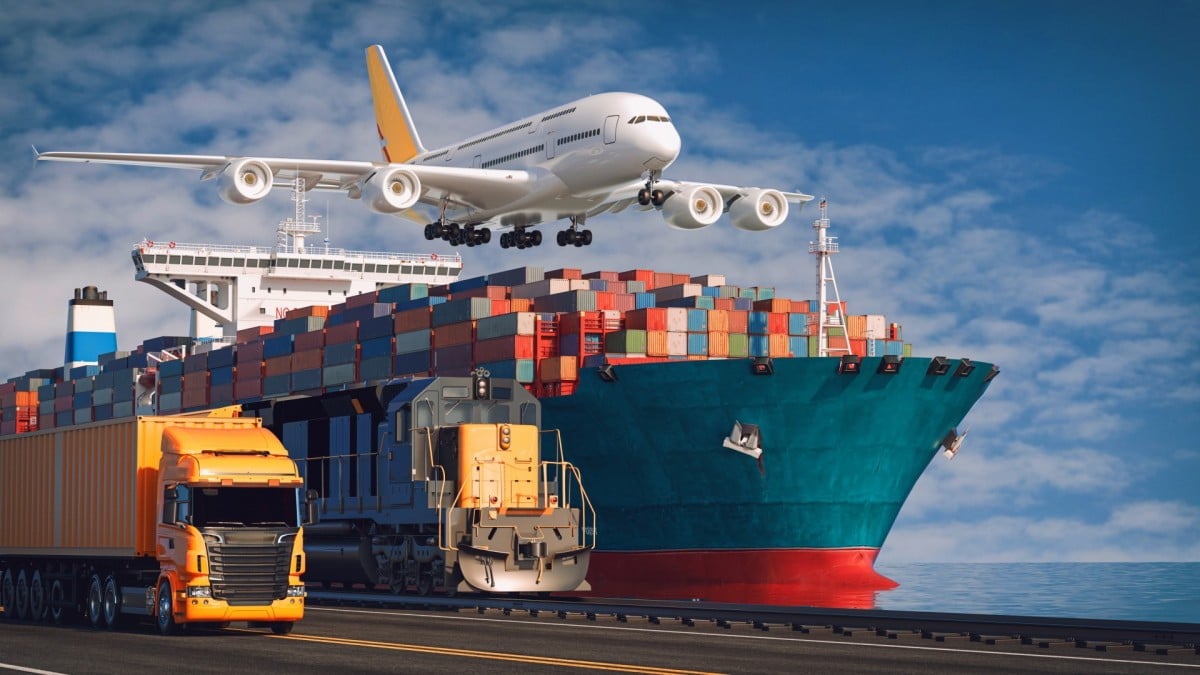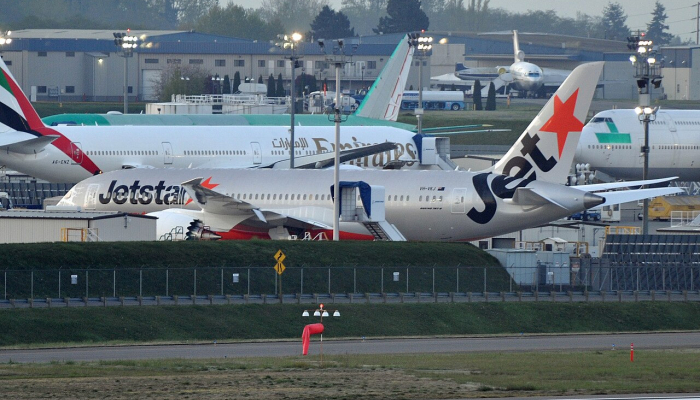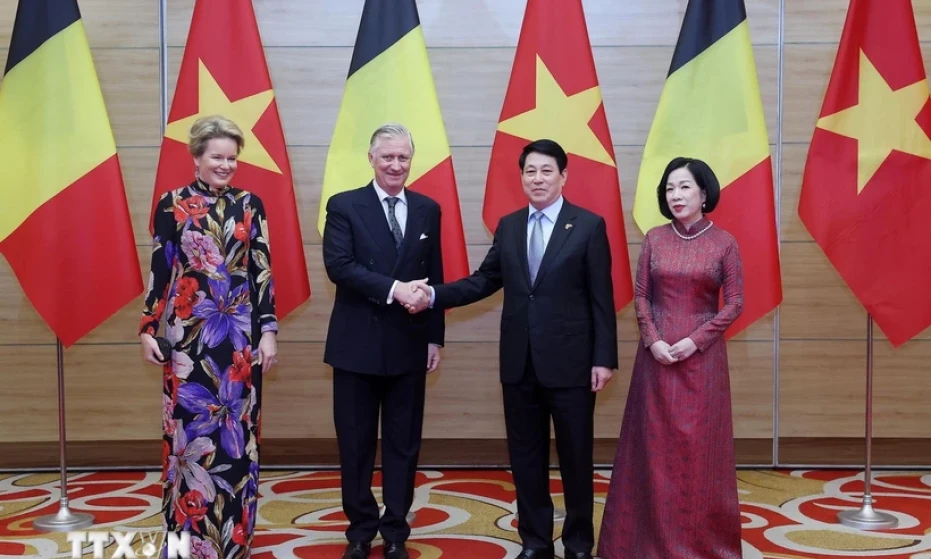
Spanish people line up to receive food and warm clothes at a distribution point of the Madrina Foundation in Madrid in March 2023.
According to Reuters, the World Bank warned on January 9 that global growth in 2024 is expected to continue to slow for the third consecutive year, prolonging poverty and worsening debt levels in many developing countries.
Affected by factors such as the Covid-19 pandemic, war in Ukraine, and soaring inflation and interest rates around the world, the first half of the 2020s is likely to be the worst period in the past 30 years.
In its latest Global Economic Prospects report, the World Bank forecasts global GDP growth of 2.4% this year, 2.6% in 2023, 3% in 2022 and 6.2% in 2021.
This will lead to weaker growth in 2020-2024 than in the years surrounding the 2008-2009 global financial crisis, the 1990s Asian financial crisis and the early 2000s recession, according to World Bank Group economist Ayhan Kose.
Excluding the slowdown caused by the Covid-19 pandemic in 2020, this year's growth rate is considered the weakest since the global financial crisis in 2009, the World Bank said.
Global growth is forecast to pick up slightly in 2025 at 2.7%, but this is down from the June 2023 forecast of 3.0%, due to expected slowdown in advanced economies.
The World Bank's goal of ending extreme poverty by 2030 now appears largely out of reach, with economic activity hampered by geopolitical conflicts.
“Without a major adjustment, the 2020s will pass as a period of wasted opportunity. Near-term growth will remain weak, leaving many developing countries – especially the poorest – trapped in a trap with crippling debt levels and poor access to food for nearly a third of the population,” said Indermit Gill, chief economist at the World Bank Group.
One way to boost growth, especially in emerging markets and developing countries, is to accelerate the $2.4 trillion in annual investments needed to transition to clean energy and adapt to climate change, the World Bank said.
The Bank has studied rapid and sustained investment growth of at least 4% per year and found that this boosts growth in per capita income, manufacturing and service output, and improves countries' fiscal position.
However, achieving such acceleration generally requires comprehensive reforms, including structural reforms to expand cross-border trade and financial flows as well as improved fiscal and monetary policy frameworks, according to the World Bank.
Source link


![[Photo] Close-up of Vietnam's sniffer dog team searching for earthquake victims in Myanmar](https://vstatic.vietnam.vn/vietnam/resource/IMAGE/2025/4/1/d4949a0510ba40af93a15359b5450df2)
![[Photo] Prime Minister Pham Minh Chinh meets with King Philippe of Belgium](https://vstatic.vietnam.vn/vietnam/resource/IMAGE/2025/4/1/be2f9ad3b17843b9b8f8dee6f2d227e7)

![[Photo] General Secretary To Lam receives King Philippe of Belgium](https://vstatic.vietnam.vn/vietnam/resource/IMAGE/2025/4/1/e5963137a0c9428dabb93bdb34b86d7c)

![[Photo] President Luong Cuong and King Philippe of Belgium visit Thang Long Imperial Citadel](https://vstatic.vietnam.vn/vietnam/resource/IMAGE/2025/4/1/cb080a6652f84a1291edc3d2ee50f631)


























![[Photo] Myanmar's capital in disarray after the great earthquake](https://vstatic.vietnam.vn/vietnam/resource/IMAGE/2025/4/1/7719e43b61ba40f3ac17f5c3c1f03720)





























































Comment (0)